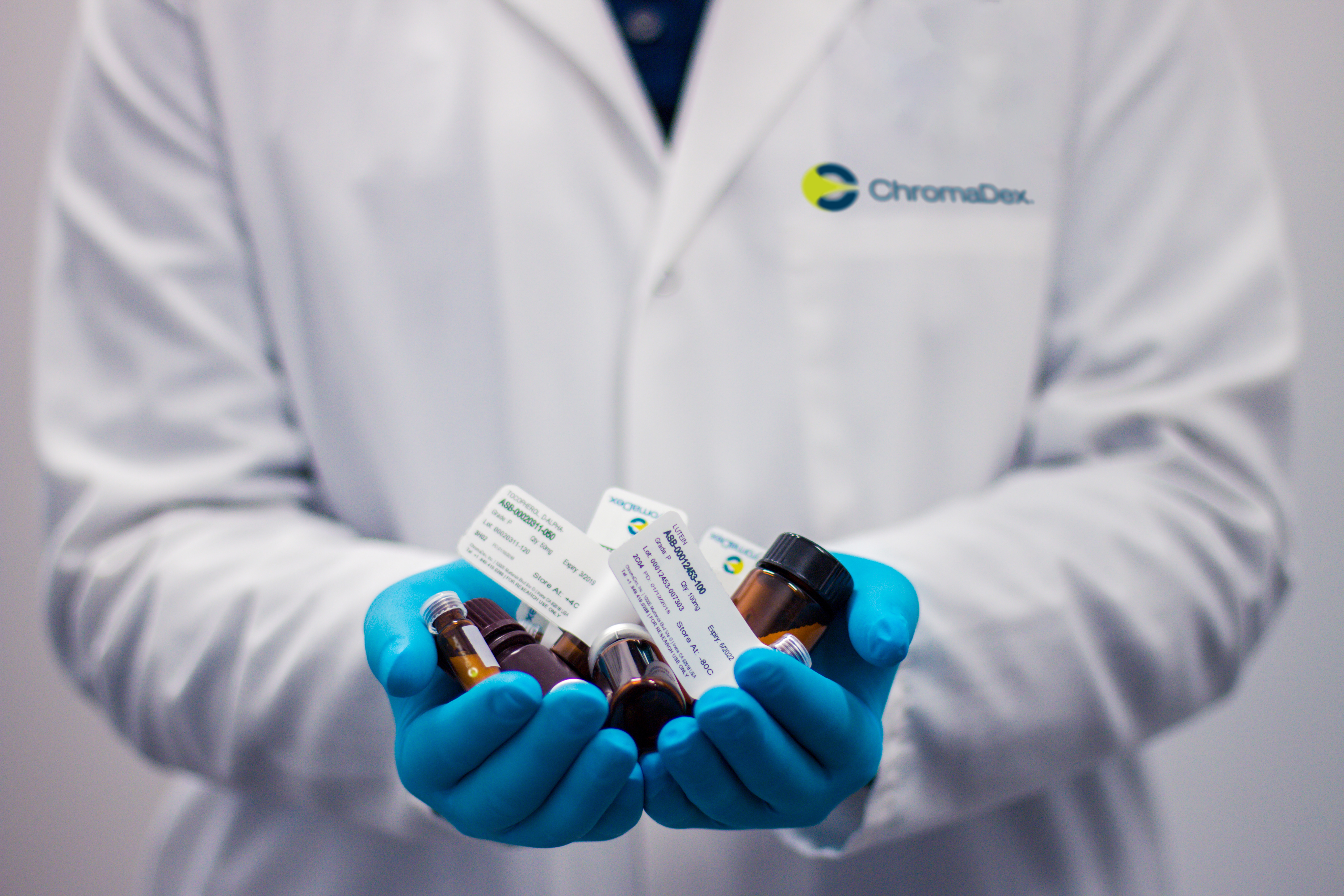The medical field has come a long way since monumental advancements like the first time Anesthesia was used on a patient by John Collins Warren in 1846 or when Penicillin was discovered by Alexander Fleming in 1928. More recently, the world has seen amazing progress in medicine that would have been unimaginable years ago. These new discoveries have improved the lives of people and have paved the way for future lifesaving advancements.
2002: FDA Approves OraQuick Rapid HIV-1 Antibody Test
After the Human Immunode ciency Virus (HIV) outbreak of the 1980s, the OraQuick Rapid HIV-1 Antibody Test was a positive development for healthcare providers hoping to identify and better treat HIV-1 (the most common strand of HIV). According to the Center for Disease Control website, individuals would have their fingers pricked, and the results would be known in about 20 minutes. The test was 99.6% effective, and resolved the issue of prolonged wait times and patients not coming back to get their results after the fact, according to the Medical Device and Diagnostics Industry website. After results were confirmed, healthcare providers could more quickly counsel patients regarding the implications of an HIV diagnosis.
2003: Completion of the Human Genome Project
According to the National Human Genome Research Institute, the Human Genome Project was an international effort led by Francis Sellers Collins and researchers starting in the 1980s, (the first draft was completed in 2000) to DNA sequence all of the human genome. In less scientific terms, the Human Genome Project was intended to provide a map designed to aid in better understanding of the structure, organization and function of the roughly 30,000 genes found in humans. The information gathered from the Human Genome Project gives those in the medical eld an instruction manual that helps in understanding why humans inherently work the way they do. With this ground-breaking knowledge, medical professionals are able to better understand diseases to the point where they can prevent, treat and cure them more accurately. According to the US Department of Health and Human Services, the Human Genome Project is praised for aiding in the discovery of almost 2,000 diseases, and the success of the project has prompted future research to look into the role genetics plays in the 50 major types of cancer.
2005: First Partial Face Transplant
Dr. Jean- Michel Dubernard performed the first partial face transplant on 38-year-old Isabelle Dinoire, in France after she was mauled by her dogs, according to NPR. Dinoire was left without her nose, lips and part of her chin. An anonymous donor was the only option for facial reconstruction involving a skin graft, because unlike other plastic surgeries, lips cannot be recreated from any other part of the body. Bernard Devauchelle, a specialist in facial survey, believed Dinoire’s body would likely not reject the transplant through the use of anti-rejection and immune suppression drugs. After the surgery, Dinoire’s face was anatomically altered to the point where her breathing, eating, speaking and facial expressions were greatly improved. According to Medical Daily, Dinoire died in 2016 due to cancer she developed from the years of drugs that failed to prevent her body from rejecting the transplant. Still, the monumental operation paved the way for improved facial transplants in subsequent years. In more recent years, a full-face transplant was successfully completed on a man in 2010 in Spain to repair damages caused by an accidental gunshot injury, according to Popular Science.
2014: Cure for Hepatitis C
According to the Mayo Clinic, Hepatitis C is a viral infection contracted from contaminated blood. Hepatitis C is a sneaky illness, sometimes presenting itself in the form of easy bruising, poor appetite, weight loss, etc. If left untreated, the disease can result in liver scarring, liver failure and liver cancer. Previously, Hepatitis C was not curable and treatment included weekly injections and oral medications that came with a host of issues. However, in 2014, researchers developed an entirely oral treatment method for Hepatitis C that cured over 90 percent of patients, according to All-Oral Interferon-Free Treatments: The End of Hepatitis C Virus Story, the Dream and the Reality. The treatment plan, with its lessened side effects and high rates of success, is a promising means of eradicating the grueling disease entirely.

